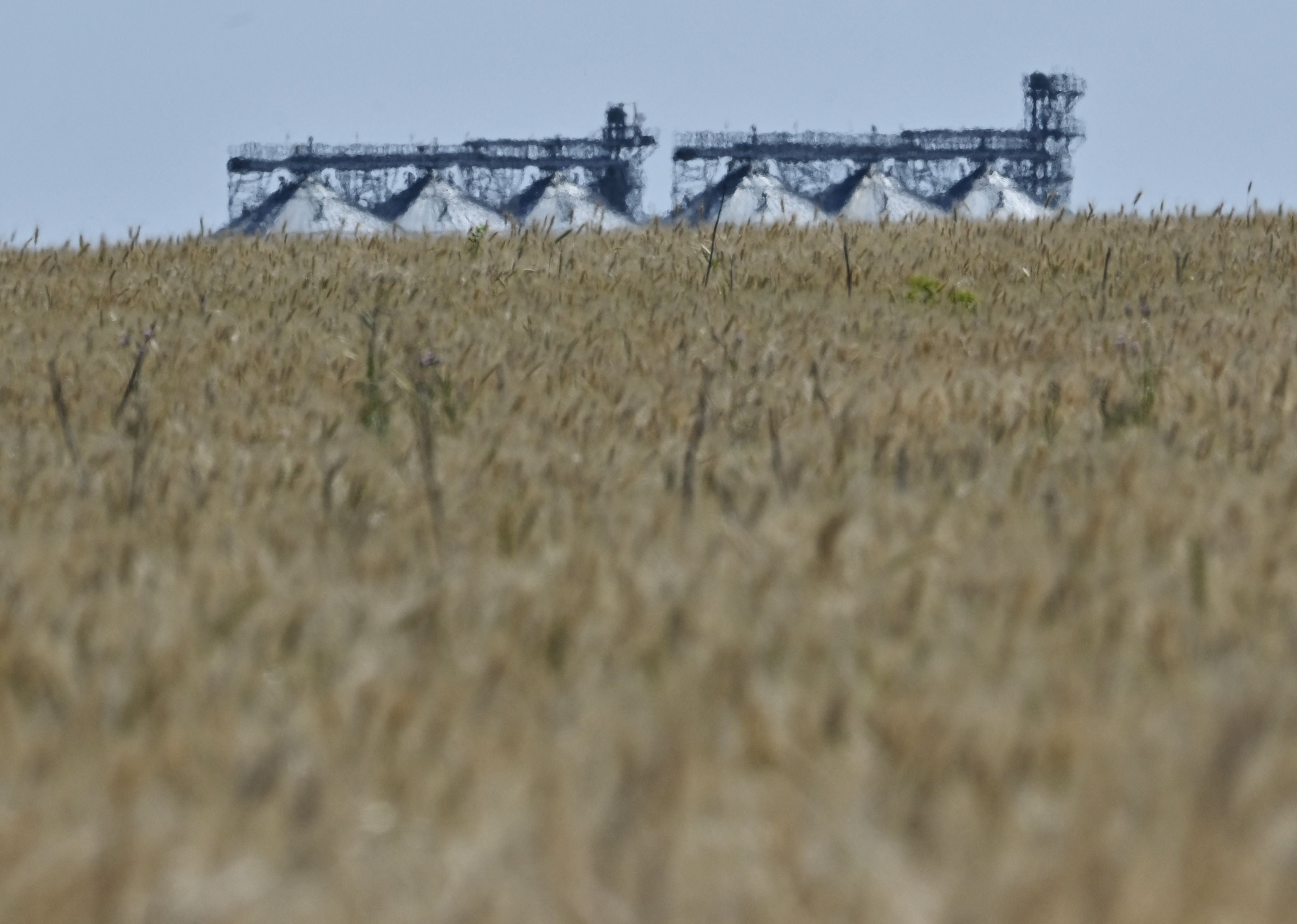Is it time for a windfall tax on food wholesalers and supermarkets?
In a time of food supply problems – exasperated by Russia's invasion of Ukraine – we need to rethink a broken system, argues Tim Benton

We are approaching a make-or-break point for global food supplies. The blockade of Odesa’s ports is preventing grain from being shipped from Ukraine to import-dependent countries like Egypt, Libya and Somalia which are in desperate need of being able to shore up stockpiles.
Ukraine is traditionally among the world’s the top ten global wheat producing countries, and despite the invasion of Ukraine, its farmers have managed to produce a sizeable winter wheat crop. But if the ports remain blocked the grain silos won’t be emptied and this new harvest may simply rot in the fields.
But while the immediate threat is deeply worrying, Ukraine’s conflict may not be over quickly. A battle of attrition may drag on for some time, impeding the flow of grain from this breadbasket region.
Food is now a weapon in Putin’s arsenal. This is nothing new. For centuries siege tactics were deployed to starve populations under attack. What is new is that this military tactic is not being deployed to subjugate the country under attack, but as a tactic to create political leverage for Russia.
And this is not the first time this century the world has been racked by a food crisis. In 2010 extreme heat in Ukraine and Russia seriously affected the wheat harvest. This led to a run on the global market; poor policy responses added fuel to the flames, and rising prices drove up food poverty.
If it weren’t for extreme weather combined with spiralling fuel prices and supply issues, today’s wheat crisis might be manageable. The global food system was built on the premise of an unchanging climate, but fossil fuels are used for everything from heating glasshouses to manufacturing fertilisers. In the last 18 months extreme weather has blighted farmers. Frost in Brazil, drought in North America, extreme heat in Italy, France and Spain, heavy rain in China, and flooding in South Africa have damaged and destroyed crops. With food production responsible for up to one quarter of all emissions, agriculture needs to wean itself off the fossil fuel drip for its own sake.
In the UK, the knee-jerk response is to say "dig for victory", expanding UK farming onto marginal land. But efforts during the Second World War show this doesn’t really work, when domestic productivity only increased by 0.5 per cent for each year of the war.
Food security actually means a diversity of domestic and non-domestic supply so if something goes wrong, there are alternatives. It should also mean a supply of healthy, affordable food. But our current system doesn’t deliver that. The war in Ukraine, and its unexpected impacts on food, reveal a much wider battle – for the future of the food system.
Most years, 60 per cent of the UK’s supply of wheat, 70 per cent of its supply of barley, 36 per cent of its oats, is fed to livestock, not humans. We import soy to feed chickens and pigs from Brazil where deforestation in the first three months of 2022 was the highest ever. We are self-sufficient in beef and lamb, but only grow 50 per cent of our vegetables and 16 per cent of our fruit. Farm harder and we’re pumping more chemicals into tired soils and rivers, digging ourselves deeper into a failing system.
We need to shore up the foundations on which farming rests, the climate, soil, water and pollinators. Hedgerows and trees can help stabilise soils, store more water, and provide homes to creatures that control pests. Yet many see the UK government’s new Food Strategy as failing to put farmers in the driving seat of restoring the countryside.
To support their efforts why not start with a windfall tax on the food processors, wholesalers, and supermarkets? Oil and gas companies are in this way helping to insulate energy bills against the energy crisis. Doing likewise for farming and food would not just pay back this year, but for generations to come.
Professor Tim Benton is director of the environment and society programme at Chatham House and an expert in emerging risks



Join our commenting forum
Join thought-provoking conversations, follow other Independent readers and see their replies
0Comments